CHANDIGARH: Supreme Court Justice Anand Mohan said the situation calls for concrete steps on the ground level and new regional collaborations to tackle pollution, calling upon South Asian countries to work in partnership on the issue of air pollution.
The judge, who was speaking about air pollution during the Global Law Conference at Chandigarh University, said, “South Asia has the darkest spots of air pollution and air quality in cities in India, Nepal, Pakistan and Bangladesh is lower than WHO standards.”
Mohan said that Nepal was as affected by air pollution as India is, with the situation worsening in the last couple of years. About the alarm caused by air pollution in New Delhi, he said, “Last week when air quality caused a panic there was a concern in Kathmandu as to whether the polluted air from Delhi would flow over to Nepal.”
“Despite being closely linked, South Asia is a fragmented region when it comes to legal and institutional arrangements. Since we have common boundaries, issues of air pollution and conservation of natural resources may be better tackled with regional legal arrangements,” he said.
According to Anand Mohan, the Supreme Court of Nepal has made several decisions when it comes to environmental degradation. “However, it is a matter of concern that those orders are not making any impact on the ground. I think the time has come for us to break the narrow domestic wall and enforce partnership in the neighborhood for sustained and long term action,” he suggested.
The Global Law Conference at Chandigarh University was attended by a large number of national and international delegates.
Chief justice, high court of Delhi, justice Dhirubhai Naranbhai Patel said that environmental conservation was not only a territorial issue but a cross border and global issue which must be discussed at that level.
Judge Punjab and Haryana high court, Ajay Tewari said that with regional cooperation, all efforts would grow exponentially stronger to tackle environmental issues of today. “The judiciary or government cannot do it by themselves without public participation,” he added.


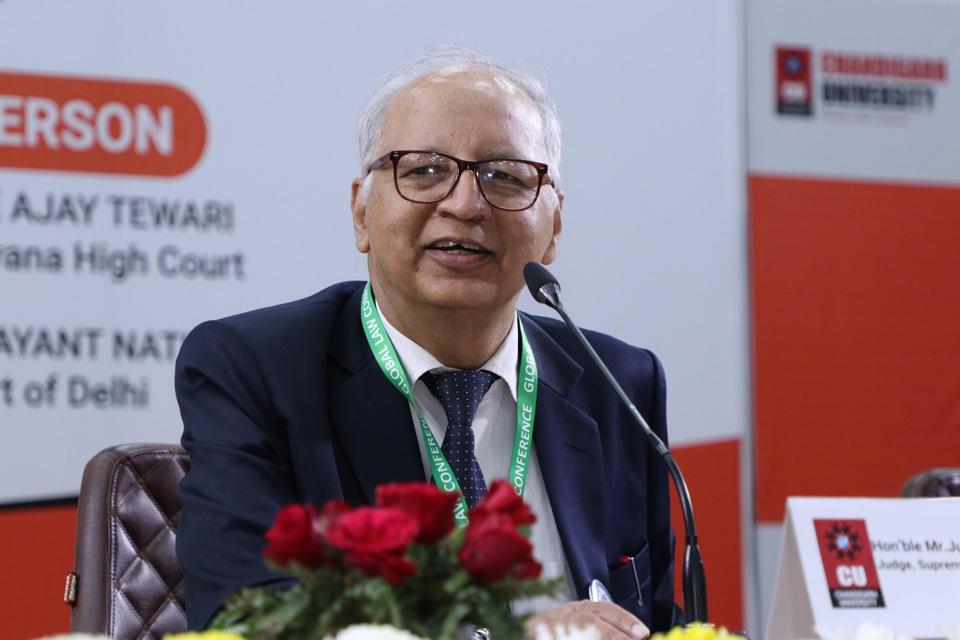

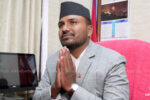
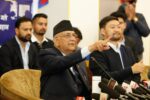
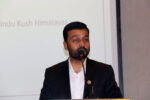
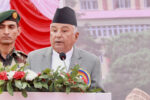

Comment